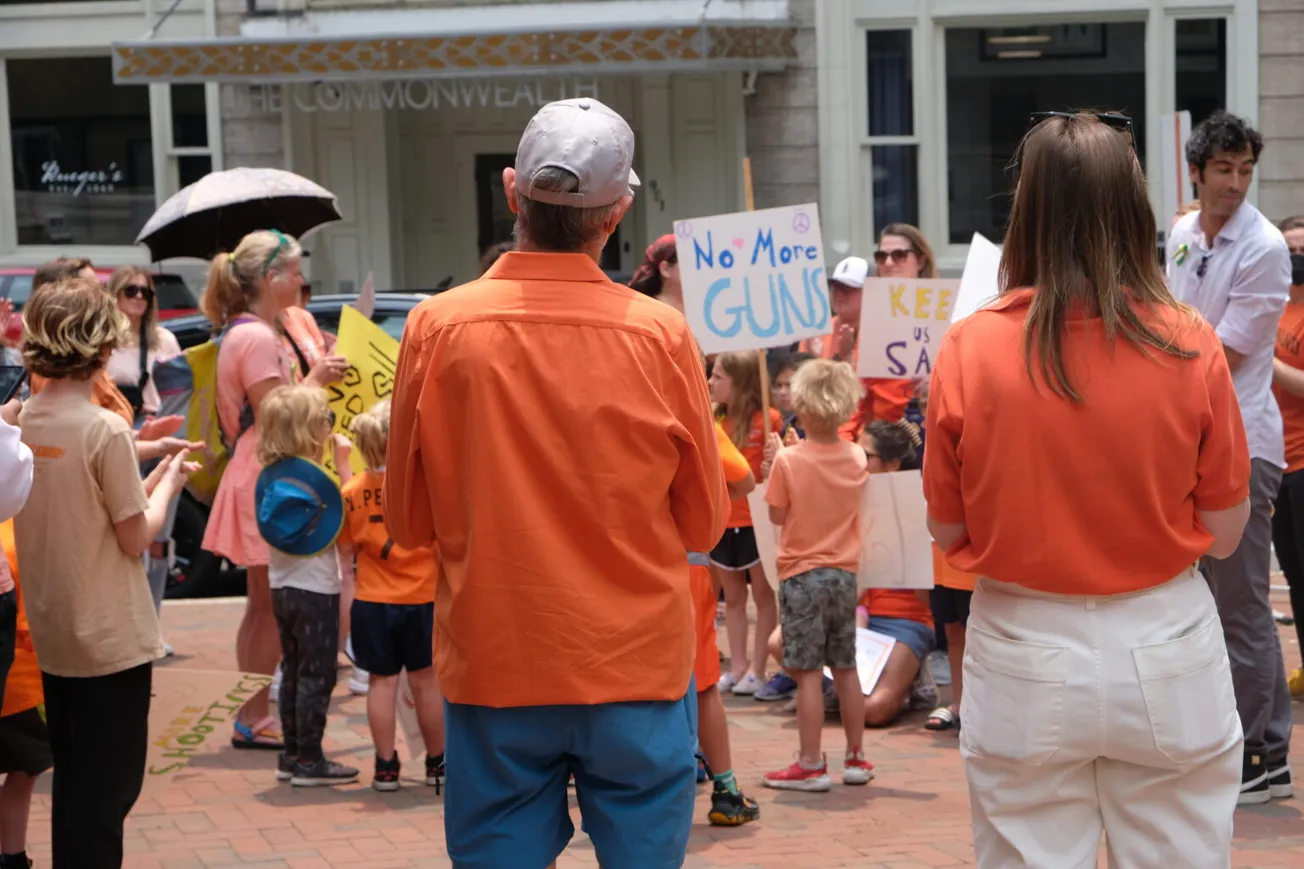New UVA research recommends gun violence prevention strategies for state, local governments
The qualitative research entails interviews with violence-impacted communities around Virginia and insights from intervention groups and law enforcement

The qualitative research entails interviews with violence-impacted communities around Virginia and insights from intervention groups and law enforcement
